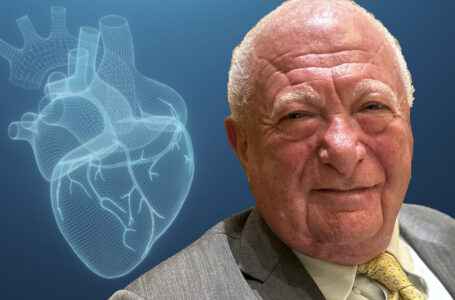Harm reduction advocates are questioning the World Health Organization’s decision to hold a costly tobacco control summit in 2025, suggesting the event could divert resources from more pressing global health concerns.
The criticism follows the United States’ withdrawal from the WHO, which prompted other countries including Italy, Argentina and Hungary to reconsider their affiliations. The U.S. decision stemmed from concerns about the WHO’s impartiality and political influence.
The WHO has become increasingly reliant on private funding such as Bloomberg Philanthropies, and this drew criticism from countries like the Philippines for alleged interference in local policies.
Groups like the Coalition of Asia Pacific Tobacco Harm Reduction Advocates (CAPHRA) said the WHO should redirect resources from the 11th Conference of the Parties (COP11) to the Framework Convention on Tobacco Control (FCTC), scheduled for Geneva in November 2025. According to CAPHRA, the WHO should address more urgent global health crises instead of attacking tobacco harm reduction.
They contend the WHO’s focus on tobacco control has diverted funds from its mandate to promote health, safety and aid the vulnerable.
COP11, set for Nov. 17 to 22, 2025, at the Geneva International Conference Centre in Switzerland, is expected to cost the WHO millions of dollars. The U.S. withdrew its membership, citing the organization’s handling of the COVID-19 pandemic, which originated in Wuhan, China, and other global health crises, its failure to adopt reforms and its inability to demonstrate independence from political influence.
The WHO faces financial strain following the U.S. withdrawal, and other donors are scaling back contributions. This may allow private donors to increase their influence on the WHO and countries that accept its health policies.
Critics said the FCTC’s stance on tobacco harm reduction is overly dismissive, ignoring scientific evidence supporting less harmful nicotine alternatives. The FCTC also has been accused of lacking transparency, further eroding trust among member states.
As these concerns gain traction, the FCTC’s ability to lead global tobacco and nicotine control is being questioned. Harm reduction advocates said parties to the FCTC should guard against what they consider anti-scientific approaches the WHO FCTC may promote.
In 2021, the Philippine House Committee on Good Government and Public Accountability held a hearing on the regulation of e-cigarettes and heated tobacco products and found the Food and Drug Administration received grants from Bloomberg Philanthropies to support policy development.
The scrutiny extended to the WHO FCTC, which faces similar criticism regarding political influence by special interest groups, with evidence of interference in the domestic policies of the Philippines, India, Pakistan and Vietnam.
Former Rep. Jericho Nograles said foreign private organizations had tried to influence Philippine national policies through grants to government agencies, which he called “an attack” on the country’s sovereignty.
“The bigger issue here is do we allow government agencies to be influenced by monies coming from foreign private organizations?” Nograles said in a 2021 public hearing. “What we are looking at here is a constitutional violation, an attack on the sovereignty of the Republic of the Philippines, our independence itself. That is the big problem.”

Consumer groups and harm reduction advocates said developing nations such as the Philippines face more urgent public health issues, yet the WHO is directing funds toward costly policy summits that ignore local needs and scientific evidence.
They also criticized the WHO and the WHO FCTC for excluding key stakeholders from meetings and ignoring scientific evidence in favor of pleasing funders.



















